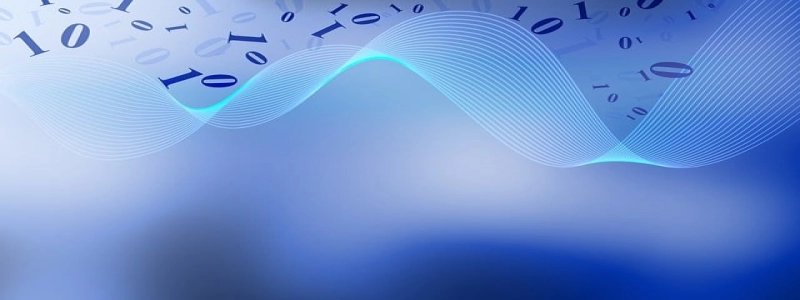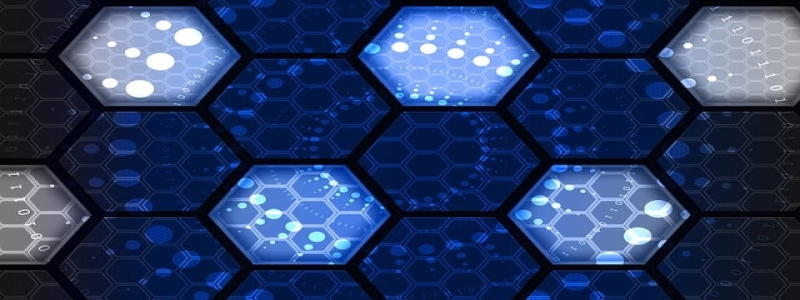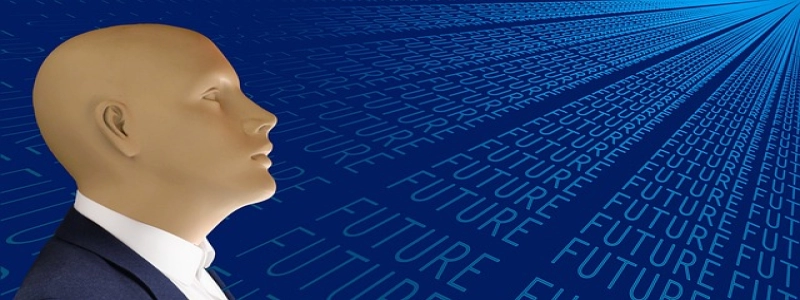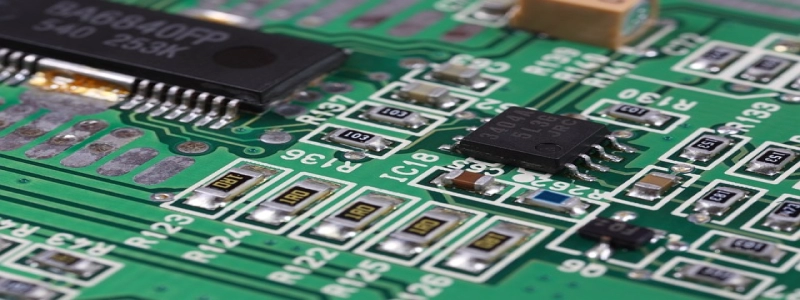Fiber Optic Ribbon Cable
Introduction:
Fiber optic ribbon cables are an essential component in modern communication systems. These cables consist of multiple optical fibers arranged in a flat ribbon-like structure. They provide a high-capacity solution for transmitting large amounts of data, making them ideal for long-distance communication and high-speed internet applications. This article will delve into the various aspects of fiber optic ribbon cables, explaining their construction, advantages, and usage.
I. Construction:
A. Optical Fibers:
1. Fiber Types:
a. Single-mode fibers: Designed for long-distance transmission with low attenuation rates.
b. Multimode fibers: Ideal for shorter distances with higher bandwidth requirements.
2. Fiber Coatings:
a. Buffer coating: Protects the fiber from external forces and allows for easy handling.
b. Optical coating: Enhances light transmission efficiency.
B. Ribbon Structure:
1. Fiber Ribbon:
a. Consists of multiple optical fibers held in a precise parallel arrangement.
b. Eases installation and termination processes.
2. Ribbon Matrix:
a. Made of a flexible material like a thermoset.
b. Provides structural support to the fibers.
3. Strength Members:
a. Aramid yarns or fiberglass rods provide additional strength to the cable.
4. Cable Jacket:
a. Outer protective layer that shields the cable from environmental factors.
II. Advantages:
A. High Density:
1. Multiple fibers organized in a ribbon structure allow for higher fiber counts compared to individual fibers.
2. Optimal for space-constrained environments.
B. Easy Installation:
1. Ribbon cables can be conveniently spliced and terminated as a group, reducing installation time.
2. Simplifies cable management and reduces the risk of fiber damage.
C. High Bandwidth:
1. Ribbon cables support high-speed data transmission.
2. Suitable for applications requiring large data capacity.
III. Applications:
A. Telecommunications:
1. Backbone networks: Connect multiple communication nodes over long distances.
2. Data centers: Facilitate high-speed data transmission within and between data centers.
B. Internet:
1. Internet service providers (ISPs) utilize ribbon cables to deliver high-speed internet access to end-users.
2. Helps meet the increasing demand for faster and more reliable internet connections.
C. Cable Television (CATV):
1. Enables transmission of digital television signals over long distances.
2. Supports high-definition video streaming.
Conclusion:
Fiber optic ribbon cables are crucial for modern communication infrastructure. Their unique construction, high density, and ease of installation make them the preferred choice for transmitting large amounts of data over long distances. These cables play a vital role in telecommunications, internet services, and cable television, enabling reliable and high-speed connectivity. With the ever-increasing demand for faster and more efficient data transmission, fiber optic ribbon cables continue to be at the forefront of technological advancements in the field of communication.








